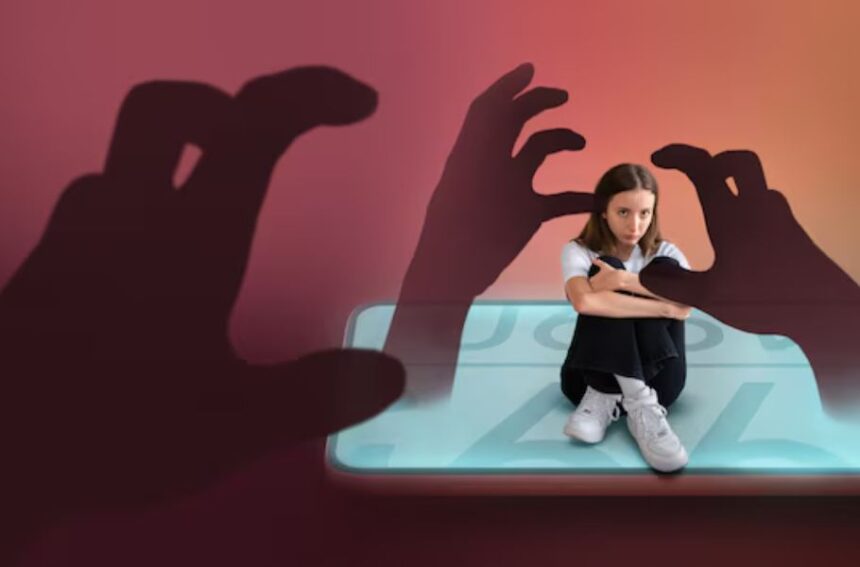Social media has become a powerful tool for Social Media Girls to showcase their creativity, share their thoughts, and connect with the world around them. For many, platforms like Instagram, Facebook, and Snapchat are places of joy, self-expression, and even professional growth. But as these platforms become more mainstream, the darker corners of online interaction are beginning to reveal themselves — especially in regions like Madhya Pradesh (MP), where growing digital access meets deeply rooted cultural expectations.
A Disturbing Pattern of Online Defamation
In recent times, MP has seen an unsettling wave of cases where Social Media Girls are being deliberately targeted on social media. Fake accounts, edited photos, and anonymous trolls are being used as weapons to damage reputations. What may seem like “just a post” to some becomes a source of humiliation, fear, and distress for the ones being targeted. Defamation in digital spaces isn’t always loud sometimes; it’s subtle and disguised as sarcasm or humor. But its impact is loud and long-lasting.
More than Just an Online Problem
One of the most heartbreaking parts of this issue is how quickly an online post can become a real-life struggle. Many young girls have shared how their social media content something they posted with excitement or pride ended up being shared out of context or twisted into something shameful. The emotional toll is heavy: anxiety, withdrawal from public spaces, and even thoughts of giving up on dreams. Families, too, are affected. In many cases, parents begin to discourage their daughters from using Social Media Girls altogether. What was once a source of learning and inspiration becomes something to be feared and hidden? This not only limits personal freedom, but also reinforces the idea that girls should “stay quiet to stay safe.”
The Emerging Gender Divide
As these situations continue to surface, a subtle yet sharp gender conflict is rising. Boys and girls, especially in schools and colleges, are beginning to see each other with suspicion. Boys may feel emboldened by peer culture to tease or troll, while girls may withdraw or respond with guarded behavior. Instead of fostering healthy friendships and mutual growth, social spaces both online and offline are becoming battlegrounds of misunderstanding. This is not just an issue of Social Media Girls misuse. It’s a reflection of how society still struggles to accept social media girls as equal participants in public and digital spaces.
Why Digital Respect Matters More Than Ever
It’s important to understand that freedom of expression should not come at the cost of someone else’s dignity. A photo, a video, or a voice note shared online deserves the same level of respect as any personal moment in real life. The idea is not to restrict expression for anyone but to create a digital culture built on empathy and responsibility. Parents, educators, and even influencers have a big role to play. Open conversations, digital literacy, and mutual respect can go a long way in creating safer online environments. Social Media Girls should feel encouraged, not threatened, to be present online.
Healing the Divide, Gently
We are at a point where healing the gender gap requires more than just warnings and rules. It needs emotional awareness, honest dialogue, and platforms that promote accountability without blame. It’s about gently reminding each other that online spaces are shared spaces and that kindness is just as powerful as any viral trend. Let’s not let social media girls turn into a space of fear for girls. Instead, let’s help it become a space where their stories, dreams, and voices can grow safely with pride and without fear.
(FAQs)
Q1: Why are girls being targeted more frequently on social media in regions like MP?
A: It often stems from cultural expectations, limited digital literacy, and a lack of awareness about respectful online behavior. Girls who express themselves freely online are sometimes unfairly judged or misunderstood, leading to unwanted attention or even defamation.
Q2: What are the emotional impacts of social media girls defamation on girls?
A: The effects can be deep and lasting including anxiety, fear, low self-esteem, and social withdrawal. In some cases, it also impacts their education or ambitions, especially when families restrict their digital presence for safety.
Q3: How can families support girls who face online defamation?
A: The most important support is emotional. Listening without blame, offering comfort, and seeking proper action like reporting or counseling can make a big difference. Encouraging open conversations builds trust and strength.
Q4: What role does society play in preventing this digital gender conflict?
A: Society can help by shifting the mindset from judgment to empathy. Encouraging boys to respect girls’ digital freedom, promoting healthy friendships, and teaching responsible digital behavior from a young age can all help reduce this divide.
Q5: Can schools and colleges help solve this issue?
A: Absolutely. Educational institutions can hold awareness sessions, promote digital ethics, and provide a safe space for students to speak up. When students feel supported, they’re more likely to stand up against online harassment together.
Conclusion
We are at a point where healing the gender gap requires more than just warnings and rules. It needs emotional awareness, honest dialogue, and platforms that promote accountability without blame. It’s about gently reminding each other that online spaces are shared spaces and that kindness is just as powerful as any viral trend. Let’s not let social media turn into a space of fear for Social Media Girls. Instead, let’s help it become a space where their stories, dreams, and voices can grow safely with pride and without fear.





